In an era where sustainability is no longer just a buzzword but imperative for blue collar businesses, green technology is making a significant mark on blue-collar trades. As industries globally make a pivot towards eco-friendly practices, the integration of green technology in sectors traditionally dominated by manual labor is not just transforming the nature of work but also setting a new standard for the future of trades.
In this post, we will cover:
- How green technology is being implemented across various blue-collar industries.
- The broad-reaching implications of sustainable practices on the economy and job creation.
- The environmental impacts of integrating green technologies in traditional trades.
Exploring Green Technology and How It Is Affecting Blue Collar Industries
Green technology involves the use of advanced systems and innovative practices to create environmentally friendly solutions in industries and everyday life. Its relevance in blue-collar trades is more significant than ever as these sectors are typically resource-intensive with a considerable environmental footprint.
The shift towards sustainability in global industries is not merely about compliance but about efficiency, cost reduction, and fostering a responsible corporate image. From construction to manufacturing, trades are re-evaluating old methods and are keenly adopting more sustainable practices.

The Economic Impact of Green Technology on Blue Collar Work
Adopting green technologies offers several economic benefits that extend well beyond mere compliance with environmental standards; they are shaping the competitive landscape of blue-collar industries. Here’s a deeper look into the major economic impacts:
Cost Savings
The integration of green technology in blue-collar work results in substantial cost savings through various means:
- Energy-Efficient Tools: Machinery and tools that utilize less energy not only reduce electricity bills but also often require less maintenance. For instance, LED lighting and energy-efficient HVAC systems can drastically cut energy costs in facilities.
- Waste Reduction Techniques: Implementing smarter resource management, such as recycling materials or using more accurate measuring tools to reduce waste, can significantly decrease material costs. Advanced materials like biodegradable composites also mean less environmental levy fees.
- Operational Efficiency: Automation and smart systems can streamline operations, reducing labor costs and minimizing errors that lead to costly reworks.
These technologies contribute to a leaner, more efficient operation that not only saves money but also enhances productivity and resource allocation.

Business Opportunities
Green technology opens up new business opportunities for blue-collar sectors in several ways:
- Market Differentiation: By adopting sustainable practices, companies can differentiate themselves in a crowded market. This is particularly appealing to a growing demographic of consumers and businesses that prefer environmentally responsible partners.
- Regulatory Advantages: Many governments offer incentives like tax breaks, grants, or subsidies for companies implementing green technologies. This can provide a financial boost while also aligning with governmental environmental goals.
- New Markets: There is a rising demand for green products and services. For example, construction companies that specialize in green buildings are increasingly sought after due to regulatory changes and growing consumer awareness about sustainable living.
Enhanced Competitive Edge
The shift toward green technologies not only improves a company’s bottom line through cost savings and new opportunities but also enhances its competitive edge in the market:
- Attracting Talent: Companies that are seen as environmentally conscious and innovative are more likely to attract and retain top talent, particularly from the younger workforce who prioritize sustainability in their employment choices.
- Customer Loyalty: By demonstrating commitment to sustainability, companies build loyalty with customers who value environmental responsibility, leading to repeat business and positive word-of-mouth.
- Investment Attraction: Investors are increasingly directing funds towards companies that demonstrate a commitment to sustainability, recognizing the long-term financial benefits of environmentally sound practices.
Ultimately, the economic impact of green technology in blue-collar trades is profound, driving not just cost savings but also fostering growth through new business avenues and enhanced market competitiveness.
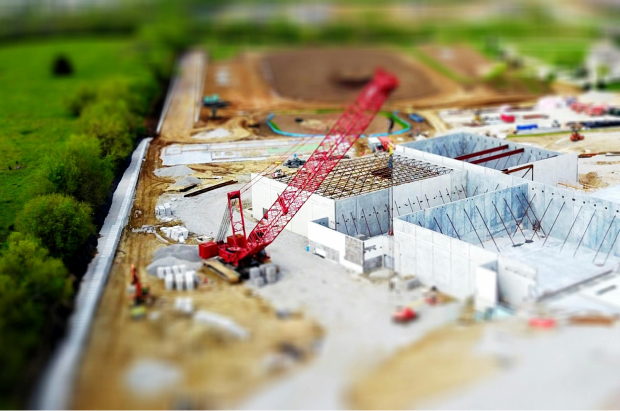
Key Green Technologies Revolutionizing Blue Collar Trades
Several green technologies are at the forefront of revolutionizing blue-collar trades. These innovations range from advanced energy systems to smarter resource management, each playing a pivotal role in boosting efficiency and reducing environmental impact across various sectors.
Renewable Energy Sources like solar, wind, and geothermal energy are increasingly replacing traditional energy sources. This shift not only helps businesses drastically reduce their carbon footprints but also mitigates the long-term risks and costs associated with fossil fuels. By investing in renewable energy, trades such as construction and manufacturing can enjoy more predictable energy costs and contribute to a more sustainable energy economy.
Smart Technology is another game changer in the industry. Internet of Things (IoT) devices are widely used to monitor and optimize energy usage in real-time, enhancing operational efficiency. These technologies enable precise control over energy consumption, predictive maintenance, and even automated adjustments to production processes based on real-time data, thereby minimizing waste and maximizing productivity.
Biodegradable Materials are replacing non-degradable ones, particularly in packaging and product design, which significantly reduces environmental impact. Industries that have traditionally relied on plastic and other pollutants are now turning to materials that break down naturally and cause less harm to the environment, thereby improving sustainability credentials and meeting consumer and regulatory demands for greener products.
The adoption of these technologies is not just a trend but represents a fundamental shift in how blue-collar jobs are performed. This transition aligns closely with global sustainability goals, paving the way for a future where industrial activities are both economically and environmentally sustainable.

Steps to Implement Green Technologies in Your Business
Implementing green technology requires a structured approach to ensure effectiveness and sustainability. Here are the key steps:
- Initial Assessment: Evaluate your current operations to identify where green technologies can be most beneficial. Consider energy use, waste production, and operational inefficiencies.
- Planning and Investment: Develop a detailed plan outlining the costs and expected savings from implementing green technologies. Allocate budgets considering both short-term expenses and long-term gains. Explore financing options such as green loans or grants.
- Training and Education: Conduct comprehensive training for your workforce on how to use the new technologies effectively. Promote a culture of sustainability through ongoing education about the environmental and business benefits of the green technologies implemented.
This strategic approach ensures that the integration of green technologies is both smooth and cost-effective, bringing immediate and long-term benefits to your business.
What’s Next for Green Tech in Blue Collar Trades?
The future of green technology in blue-collar trades looks promising, with emerging technologies continually on the horizon. The role of policy and regulation will be crucial in promoting the adoption of these technologies. We can anticipate more rigorous environmental regulations and incentives for businesses that proactively adopt green practices. Looking forward, green technology is set to further reshape the landscape of blue-collar trades, making them more sustainable, efficient, and prepared for the challenges of the future.
As the world leans more towards sustainability, the integration of green technology in blue-collar trades is not just beneficial but essential. It represents a convergence of economic benefits and environmental responsibility, paving the way for a sustainable industrial future. By understanding and implementing these technologies, blue-collar industries can ensure they remain competitive and relevant in a rapidly evolving global market.


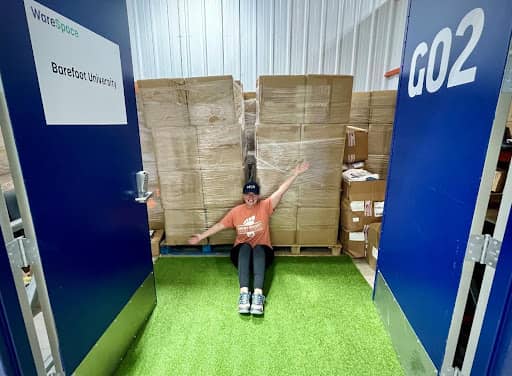

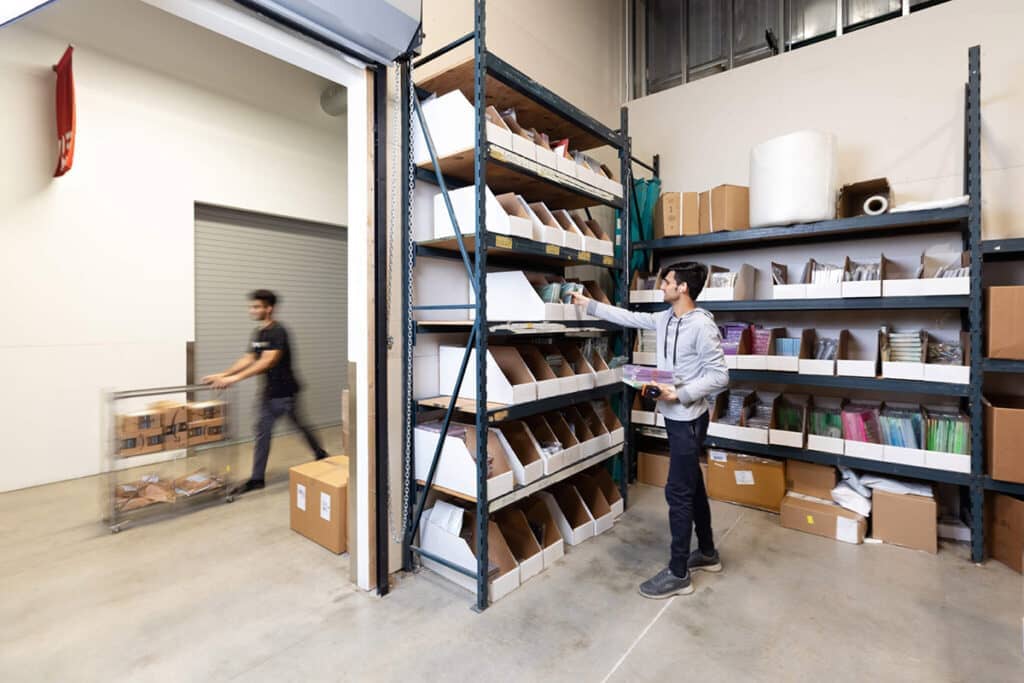
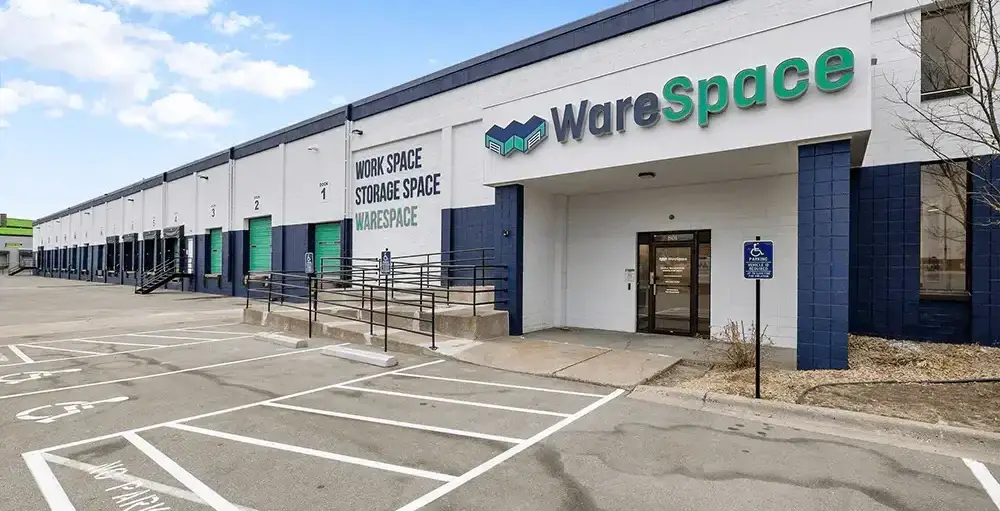
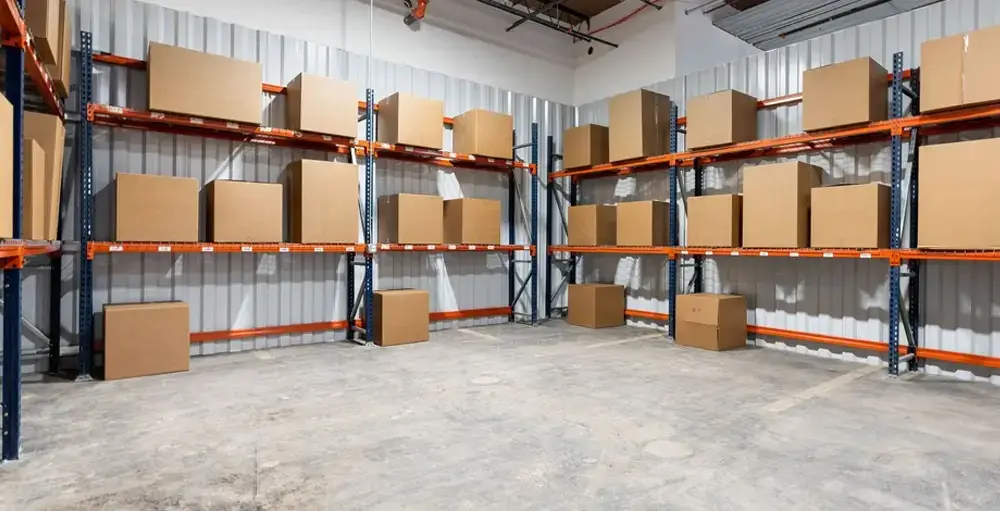
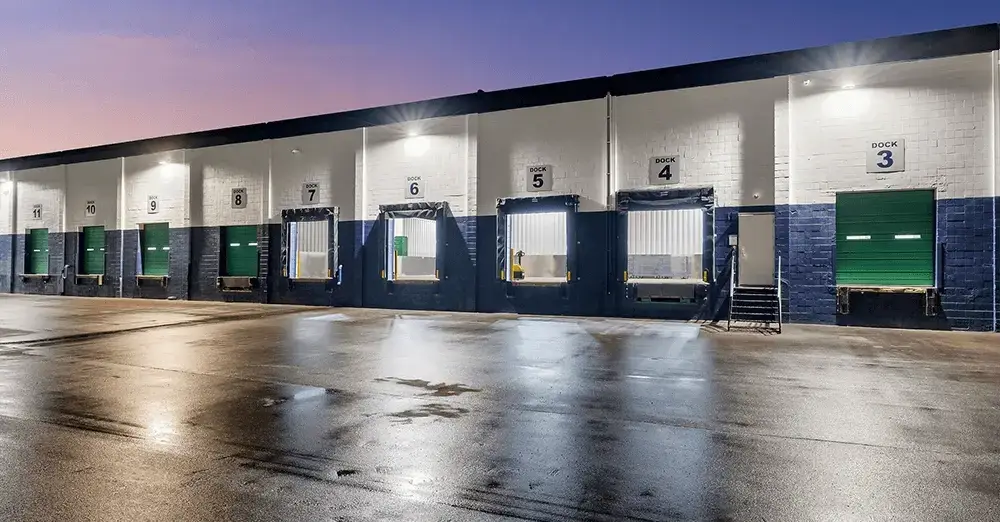
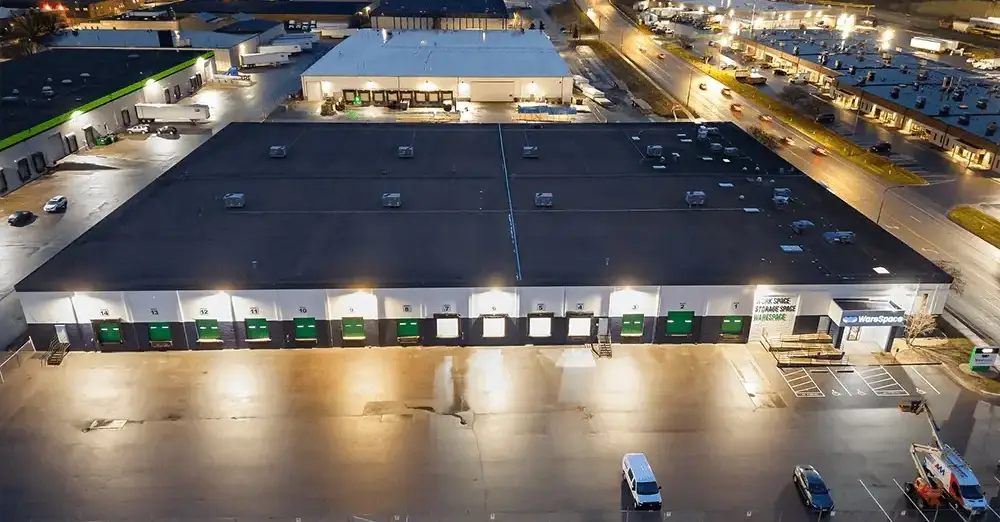











 ►
Explore 3D Space
►
Explore 3D Space